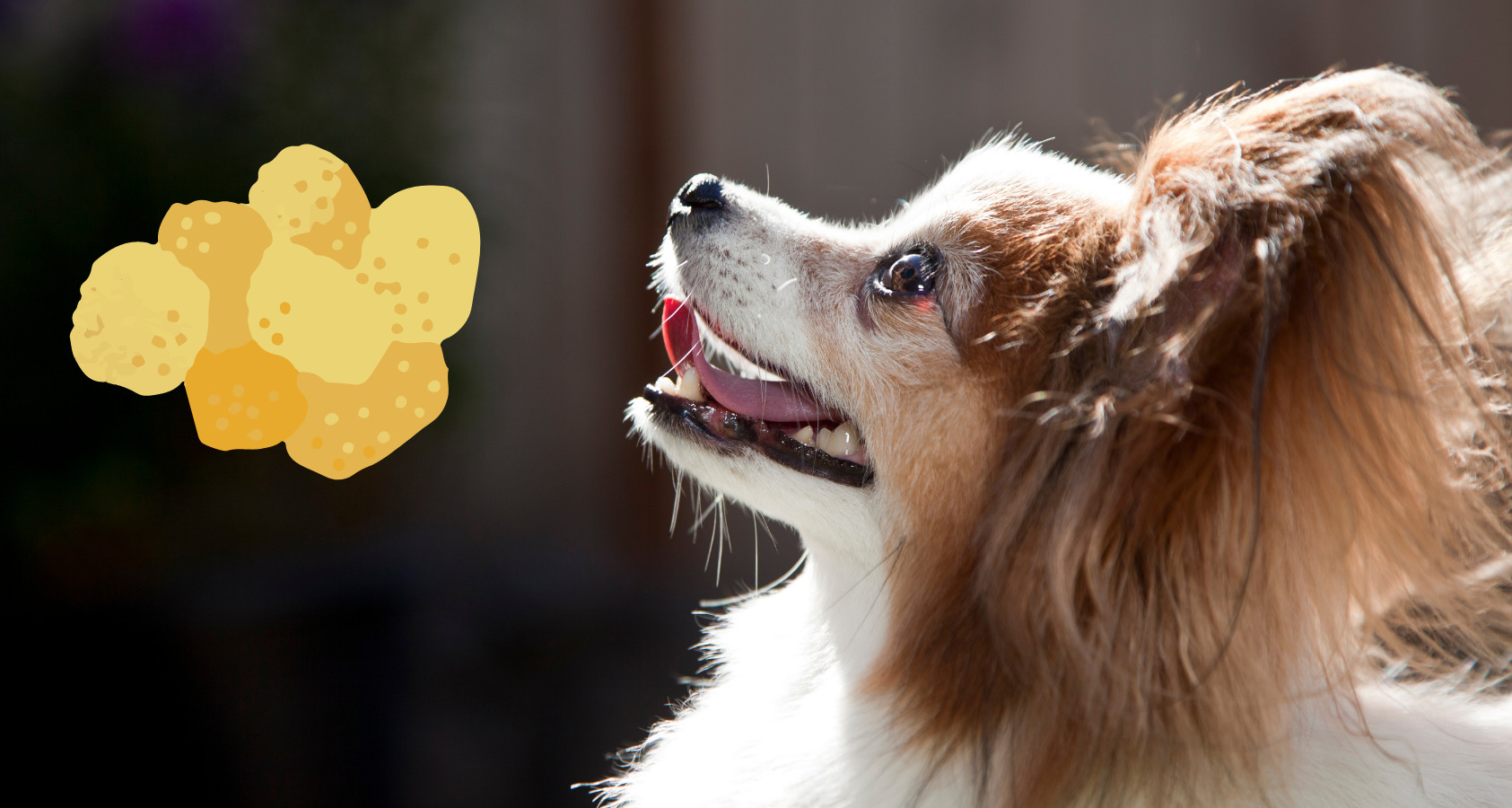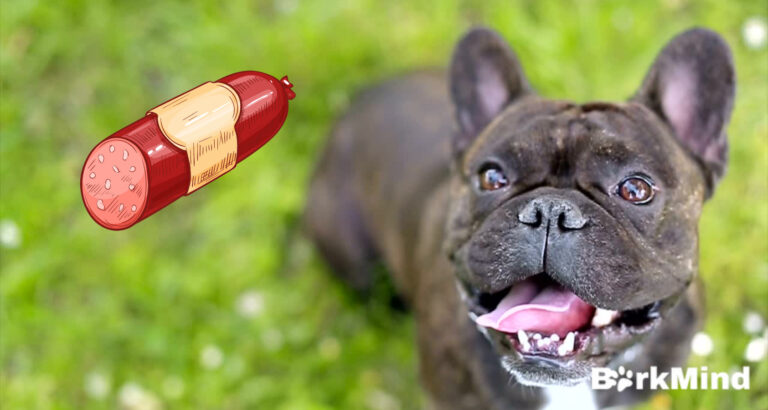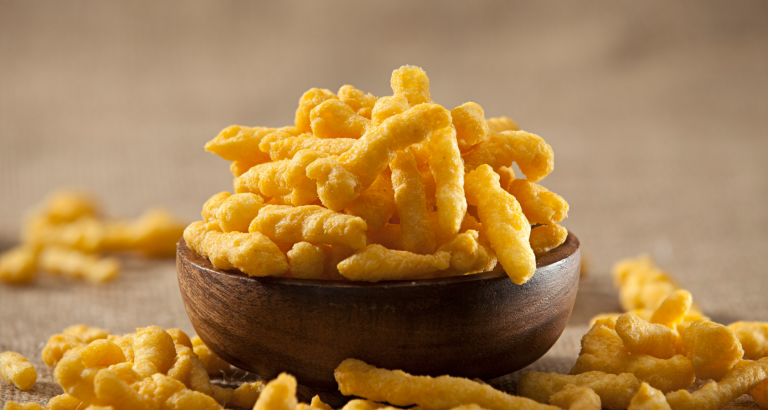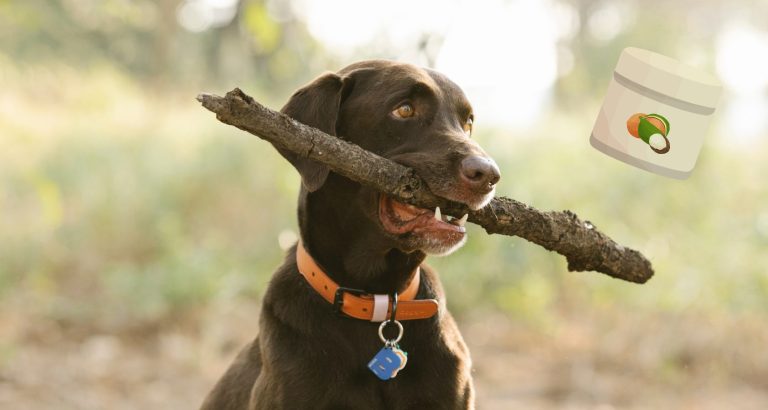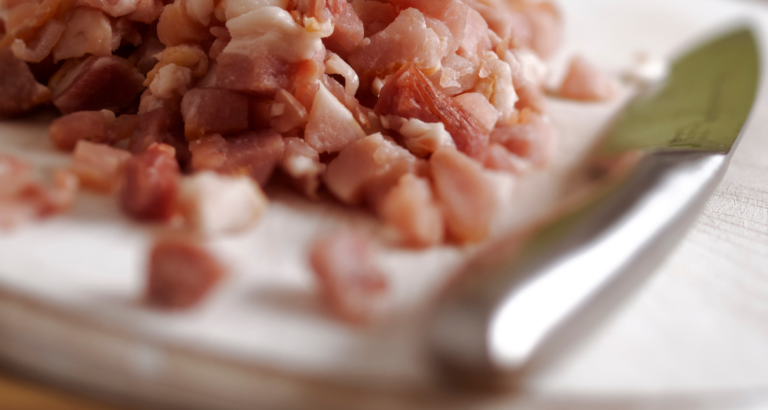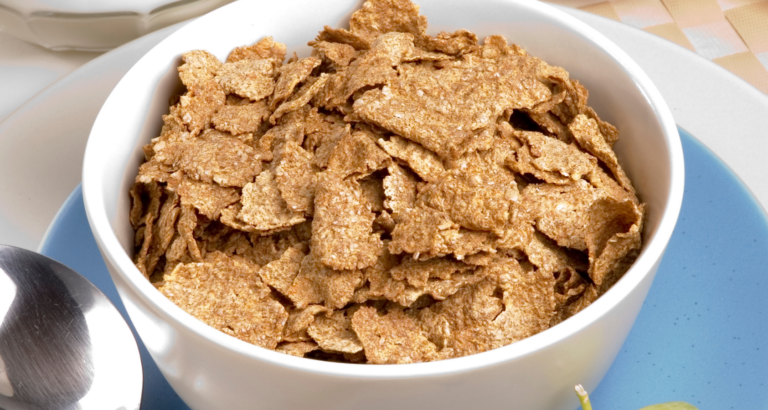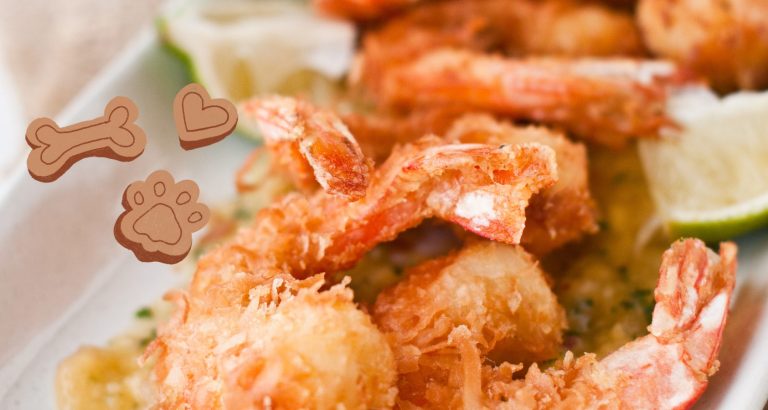Hash Browns for Dogs: Are they safe?
Last updated on March 20th, 2023 at 08:49 pm
Reading Time: 7 minutesThis post may contain affiliate links. If you click and buy we may make a commission, at no additional charge to you.
Can Dogs Have Hashbrowns?
Our dogs love almost any kind of human food they can get their furry little paws on. As tempting as it may be to give our dogs a small bite while cooking or eating at the table, it is necessary to consider whether the food is dog-friendly. What about hash browns, those delectable breakfast patties, or the shoestring hash browns that go perfectly with eggs and bacon? Can our dogs share our breakfast with us?
Quick Answer:
No, dogs should not eat any form of hash brown. Whether homemade, store-bought, or from a fast-food drive-through, the ingredients for hash browns and how they get prepared make them incredibly unhealthy for dogs.
What Exactly Are Hash Browns?
Hash browns have been a popular American breakfast side for over a hundred and thirty years! In essence, hash browns are fried or grilled potatoes. They first gained popularity in the 1890s on breakfast menus in New York City. People enjoyed them tremendously, and they have continued to grow in popularity since. In the 1980s, places like Burger King and McDonald’s began incorporating them into their breakfast menus. Even today, they are still a popular menu item, and many restaurants have even found creative ways to incorporate hash browns into lunch and dinner meals instead of just breakfast.
Why Are Hash browns Bad For Dogs?
The primary reason hash browns are bad for dogs is simple. They are unhealthy. Hash browns are not necessarily toxic for your dog. However, the high fat, oil, high calories, excessive salt content, and even preservatives all make them incredibly unhealthy for your dog. So, while your dog may technically be just fine after eating a bite or two of cooked hash browns, the health risks are too significant for it to be a regular option for your dog, let alone letting your dog eat hash browns in high quantities.
Hash browns and Oil
Some oils can be good for your dog in moderation. For example, some pet owners might add fish oil, sunflower oil, or flaxseed oil to their dog’s food for an additional nutritional boost. However, hash browns most often get prepared with vegetable oil, which contains high amounts of fat. Anything with a high-fat content like vegetable oil, butter, bacon fat, and even soybean oil poses a significant risk of serious health problems like obesity and pancreatitis.
Hash browns carbohydrates
Hash browns are considerably high in carbohydrates. Of course, dogs require some carbohydrates as they help provide the energy the dog needs to have fun and play! But, too many carbs can easily lead to severe conditions like diabetes and obesity.
Hash browns calories
While not too high in calories for humans, the calorie content of hash browns is far too high for dogs. Some say dogs should only eat 25 calories per pound of their weight daily. So, for example, a dog that weighs 25 pounds shouldn’t eat more than 625 calories per day. The average frozen hash brown patty has between 150 and 320 calories. For a 25-pound dog, that amount is a whopping 26-52% of its daily caloric allowance, which is far too much caloric intake for such low nutritional value.
Hash brown varieties
You can find hash browns just about anywhere that offers breakfast food. You’ll find them in grocery stores, restaurants, and fast-food joints. You can even make them yourself with just a few ingredients.
Hash browns from fast food locations and restaurants are incredibly unhealthy for your pup. Places like McDonald’s, Burger King, and even Subway use a ton of oil and salt to prepare and cook their hash browns. Even frozen hash browns from grocery stores are not healthy for your dog. They contain large amounts of fat and salt, and even preservatives.
Both hash browns from fast food places and hash browns from grocery stores also contain dextrose or sugar in addition to hefty amounts of salt and oil. Added sugar and salt are highly unnecessary for our dogs. Some hash browns may even have additional ingredients like different spices and onions to add flavor, all of which can be very upsetting to your dog’s digestive system. Onions are known to be toxic to dogs in large quantities.
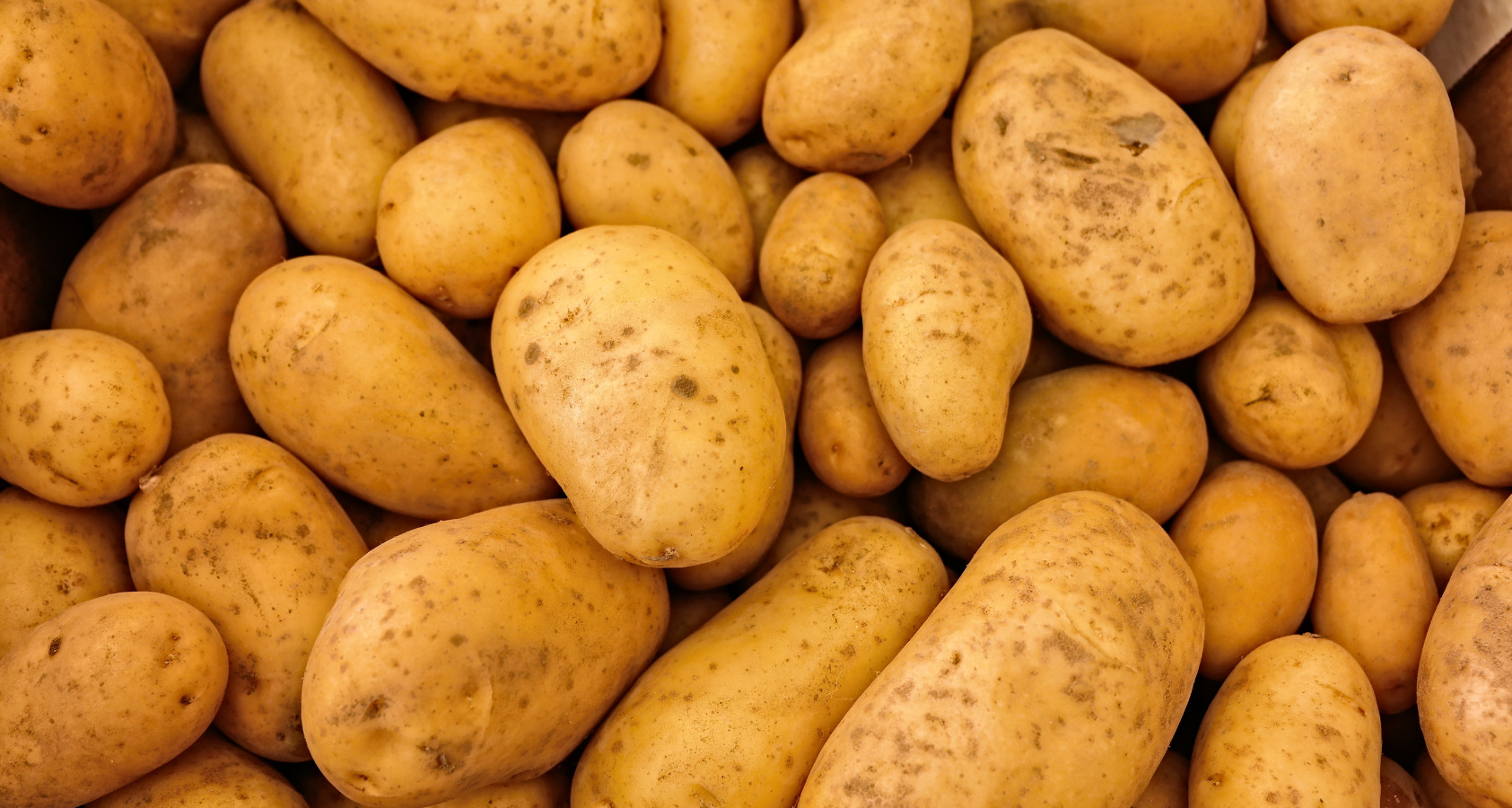
Raw Potato Risks
Did you know that raw or uncooked potatoes can be toxic to dogs? Raw potatoes contain something called Solanine, which in large quantities, can be highly toxic to your dog. If your dog gets a small bite of raw potato, your dog will more than likely be just fine. However, if your pup manages to help himself to an entire bag of raw potatoes, you should call your vet and watch your dog closely for any adverse reactions or symptoms.
Solanine poisoning in dogs will present itself in symptoms like stomach cramping, burning or itchy throats, dizziness, headache, vomiting, jaundice, paralysis, bodily inflammation, and shock. If an uncooked hash brown patty falls to the ground and your dog beats you to it, he will most likely be just fine. But do your best to keep hash browns, cooked or uncooked, away from your pup.
Salt poisoning
Too much sodium in a dog’s diet can lead to salt poisoning, resulting in muscle stiffness and more serious issues like dehydration, lethargy, inflammation, and even seizures. Suppose your dog has started displaying unusual behaviors like drinking an unusually high amount of water or incessantly whining or begging for more water. In that case, it may be a sign your dog has consumed too much salt. In the worst-case scenario, it could be a sign of salt poisoning.
Obesity in dogs
Countless dogs in the United States suffer from obesity today. Obesity can lead to diabetes, arthritis, difficulty breathing, heart disease, and cancer. Hash browns contain a large amount of saturated fat and, in some cases, trans-fat, a kind of fat that can be detrimental to both human health and dog health.
Of course, all dogs of all shapes and sizes are cute! And the extra ‘chubby’ dogs have a certain adorable charm that is irresistible. But, just like we would help a dog that was far too skinny gain weight, we must also be vigilant about helping our chunky furry friends lose weight, too! Dogs give us nothing but love. We must return that love by ensuring that our dogs are at a healthy weight. We can do this by encouraging our dogs to eat healthy foods, not feeding them unhealthy treats or unhealthy human food, and by providing them with regular exercise. The health of our dogs must come first.
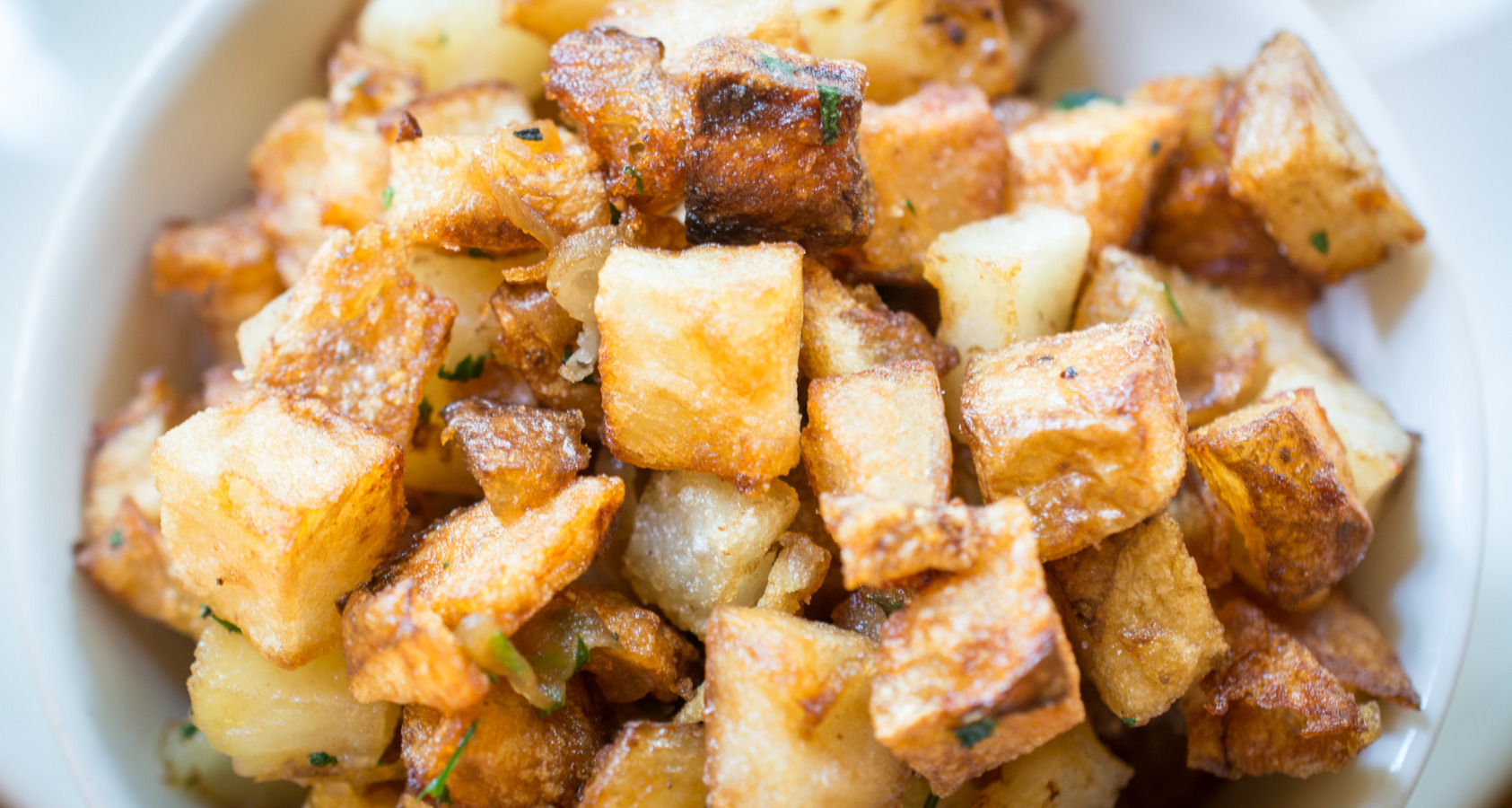
What To do If Your Dog Does Eat Hash Browns
It is almost inevitable that at some point in time, your dog will eat something it is not supposed to! Your dog will find her snack one way or another, whether it is the grass, the garbage, the kitty litter, or the hash browns we were planning to eat with our breakfast!
A small bite stolen off the floor won’t necessarily hurt your dog. However, if she manages to get into a large amount, like a family-size bag of hash browns, you will want to keep a close eye on her. Such a large amount of all that fat and salt, while it may be worth it to your dog at first, may cause an upset stomach and an unhappy pup in the long run.
To avoid any further irritation to your dog’s digestive system, switch to a bland diet when your dog is next ready for its next meal. Try offering a meal of plain chicken breast and plain white rice. This bland diet helps reset your dog’s digestive system when she may have an upset tummy, diarrhea, or both. Only use this diet for two or three days. If you have concerns or the problem persists, it is best to contact your dog’s veterinarian.
A Dog’s Digestive System
Proportionally, dogs have shorter digestive tracts than humans do. As humans, we typically eat a combination diet of meat, grains, vegetables, and fruit. On the other hand, dogs primarily get their nutrients from protein sources like meat. Dogs are and will always be carnivores.
Humans have a much longer, more intricate digestive system to break down all the varieties of foods that we eat. A dog’s digestive system is shorter and less complex because they don’t need to eat the same foods we do. An excess of unnecessary high fats, or sugars, is extremely hard for dogs to digest. It is much easier for them to gain excessive weight when eating inappropriate foods.
Conclusion
In the end, hash browns are far more trouble than they are worth giving to your dog. They are unhealthy and contain high amounts of fat, oil, and sodium. Sometimes hash browns even contain toxic ingredients like onions and spices that can upset your dog’s stomach. Simply put, they are not a dog-friendly food and are best kept away from the mouths of our furry friends. Your dog will thank you for feeding it yummy, healthy foods instead of unhealthy hash browns.
About The Author
I'm a content writer and researcher. But bottom line, I loveee animals. I had my first animal which was a guinea pig at age 8. Later had a bunny, dog and a lot, a lot of fish. Writing about what I know about pets will allow me to share my knowledge and love for them with everyone else. Dealing with dogs my entire life, I know a lot.

